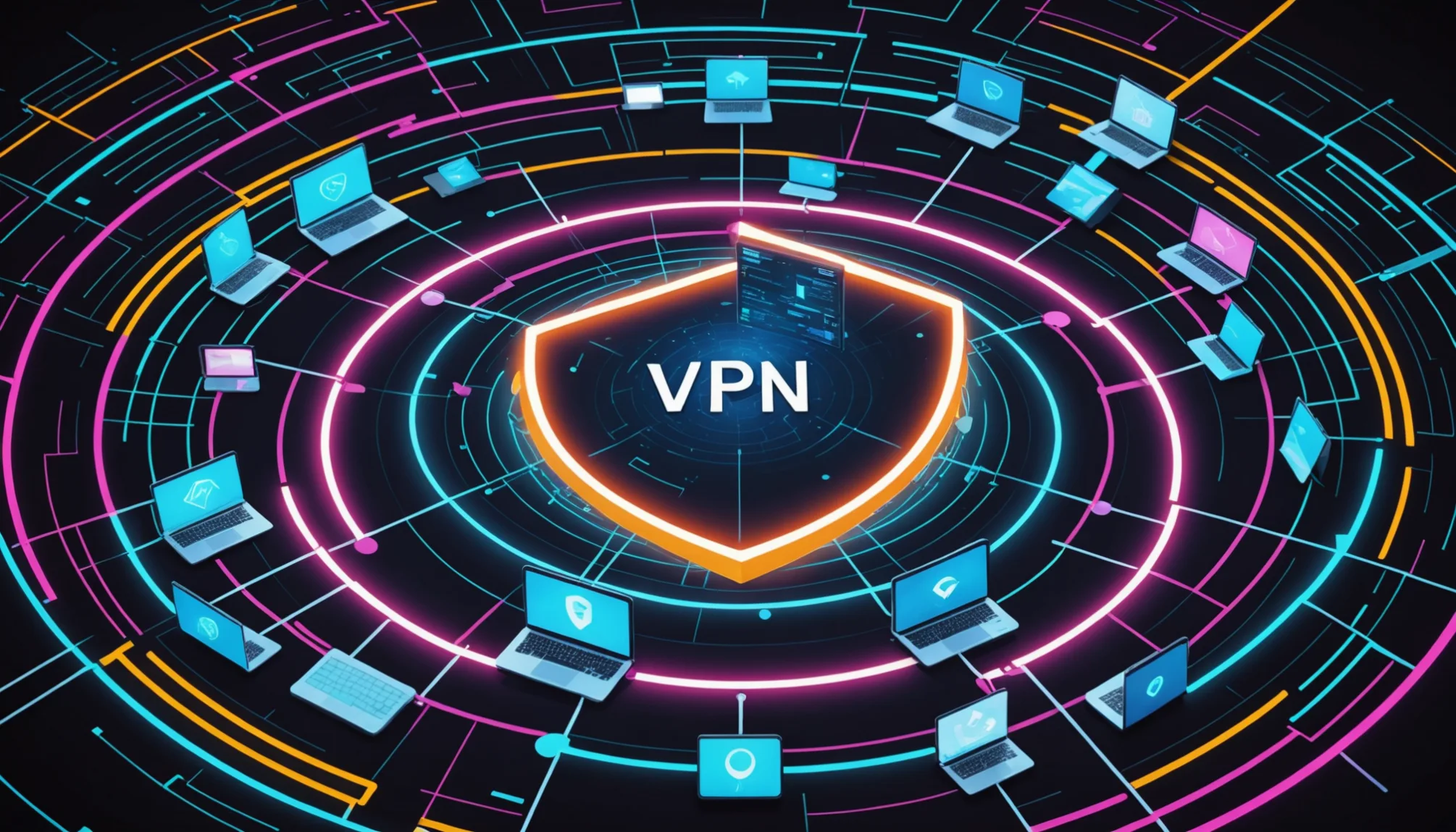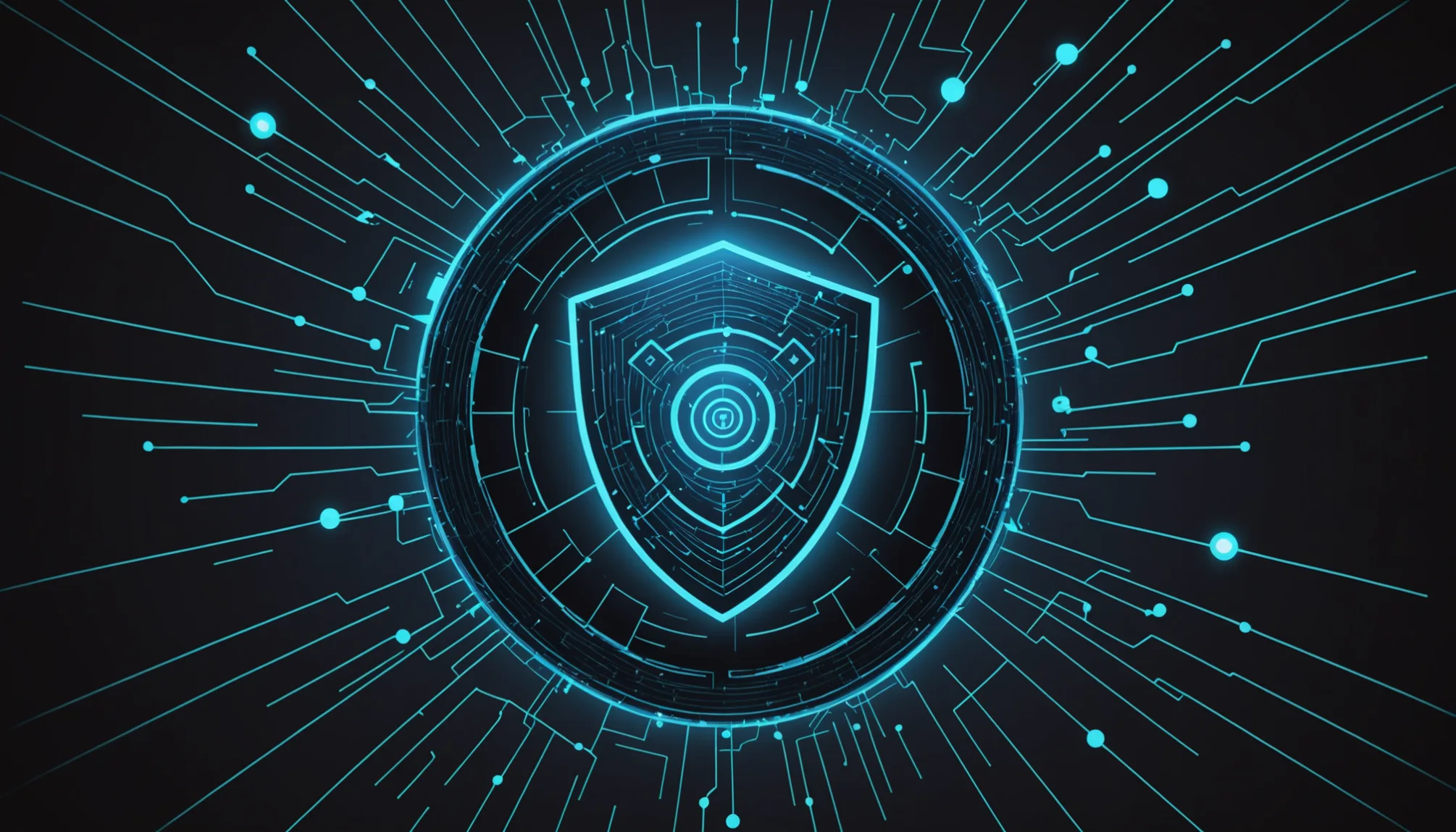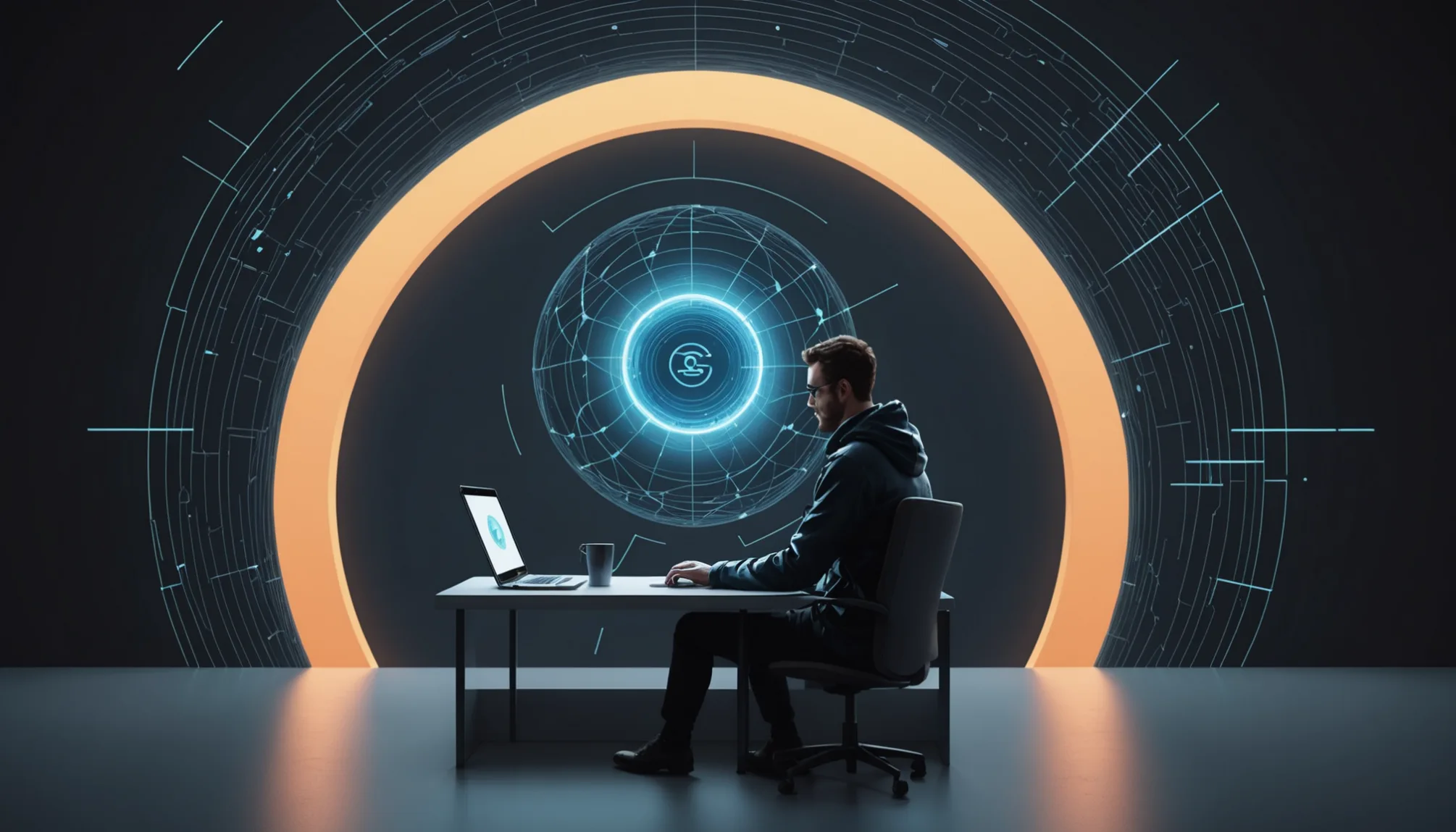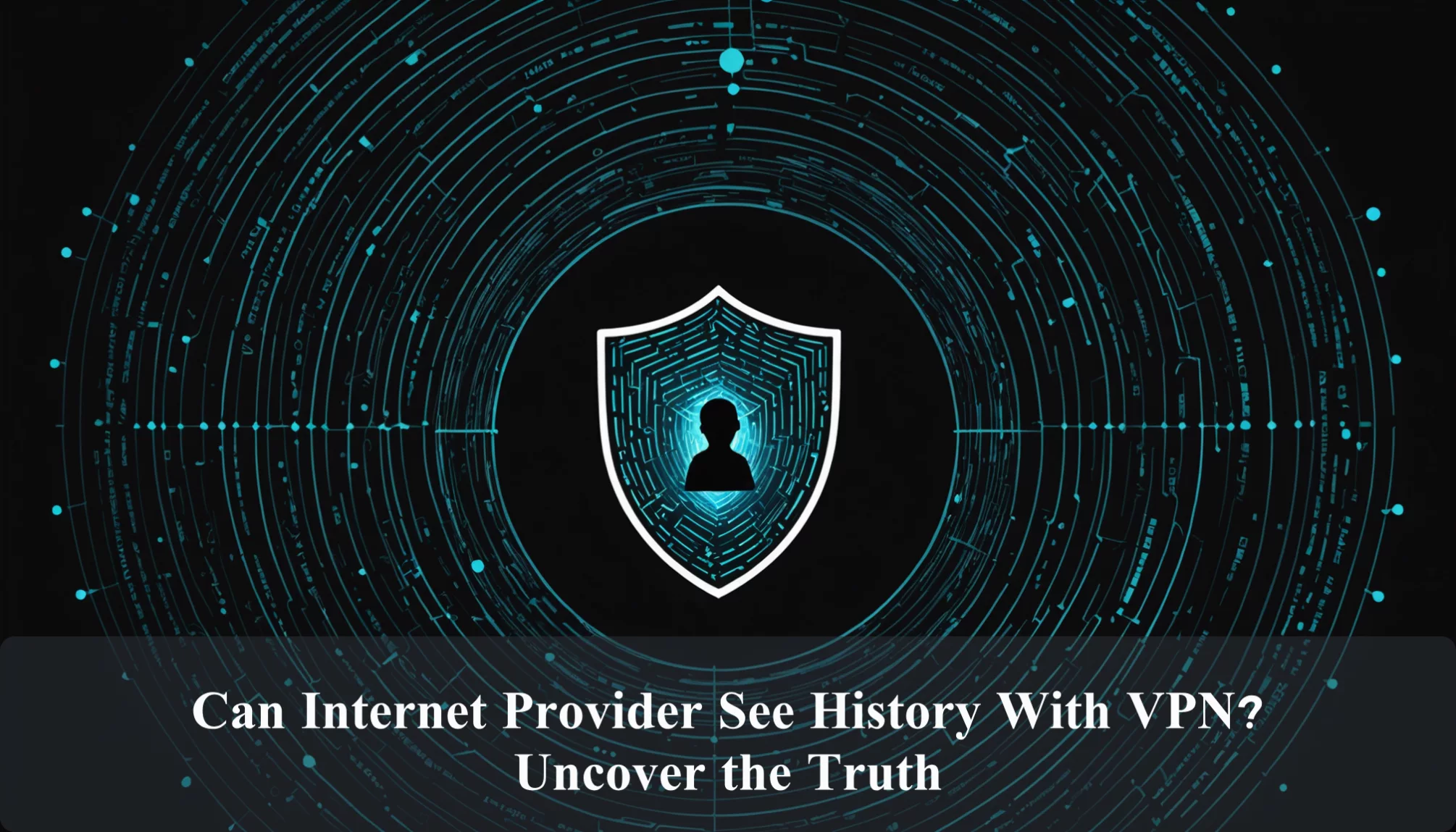Ever wondered if your Internet Service Provider (ISP) can snoop on what you’re doing online? The truth is, when you ask, “Can Internet Provider See History With VPN?” the answer might surprise you! Understanding this is crucial because it affects your online privacy and how much freedom you really have while surfing the web.
This article will dive into how ISPs monitor your internet activities, the role of VPNs in keeping your information private, and whether ISPs can see that you’re using one. Get ready to unlock the secrets of internet privacy and empower yourself today!
The Basics of Internet Privacy: ISP Tracking and VPN Use
How ISPs Monitor Internet Activities
Internet Service Providers (ISPs) manage the connections users need to access the internet. Because of this role, ISPs can track the websites users visit and the activities they perform online. When someone uses the internet, their data travels through the ISP’s network. This allows the ISP to see the user’s original IP address and the data packets moving through their systems. As a result, ISPs can monitor browsing habits, access patterns, and even how much data is transferred.
For example, when a user visits multiple websites or streams videos, the ISP takes note of these activities. They can keep records of this information unless the user takes steps to protect their privacy. This raises concerns about user privacy, especially since ISPs can share this data with third parties or use it for targeted advertising. [McAfee]
The Role of VPNs in Safeguarding Your Online Privacy
A Virtual Private Network (VPN) is a tool designed to improve online privacy and security. When a user connects to a VPN, their internet traffic becomes encrypted. This encryption protects the data from being read by anyone else, including the ISP. The actual content of a user’s online activities remains hidden, and the data is sent through a secure tunnel to the VPN server.
This means that even if an ISP can see a user is connected to a VPN, they cannot access the specific websites visited or the content being consumed. The user’s browsing history stays private, providing extra security against unwanted tracking. VPNs are especially valuable for users who want to maintain privacy while using public Wi-Fi or accessing content that may be restricted in their area. [Surfshark]
Can ISPs Detect Your VPN Usage?
ISPs can detect that a user is connected to a VPN service. However, they cannot see what the user is doing through the VPN. While an ISP knows a person is using a VPN, they do not have access to the specific websites visited or the activities performed online.
This lack of visibility into user activities through a VPN is a major benefit for those concerned about privacy. Nonetheless, ISPs might suspect VPN usage based on unusual traffic patterns. For instance, if a user frequently connects to foreign VPN servers, this could raise flags for the ISP. Still, the encryption provided by a VPN keeps the user’s actual online activities safe from ISP scrutiny. [Top10VPN]
Understanding How VPNs Work to Shield Online Activities

The Mechanism Behind VPNs: Encrypting Data
VPNs, or Virtual Private Networks, create a secure tunnel for internet traffic. When users connect to a VPN, their data becomes encrypted. This means the information being sent and received is coded, making it unreadable to anyone who might intercept it, including Internet Service Providers (ISPs). For instance, when someone connects to a VPN, their real IP address is hidden and replaced with the IP address of the VPN server. This process prevents ISPs from tracking specific activities or the websites visited. (Wikipedia)
Do All VPNs Offer the Same Level of Privacy?
Not all VPN services provide the same level of privacy. Some providers may log user activities, meaning they keep records of what users do online. Others follow a strict no-logs policy, which means they do not store any information about users’ activities. It is essential to choose a VPN with a clear privacy policy. Users should prioritize VPNs with robust encryption, like 256-bit AES, for enhanced security.
Additionally, a reliable VPN provider should offer a money-back guarantee, allowing users to try the service risk-free. (Medium)
Factors That Influence VPN Effectiveness
The effectiveness of a VPN depends on several factors. The type of encryption used is crucial. Strong encryption methods make it harder for anyone, including ISPs, to access user data. Another important factor is the provider’s privacy policies; some VPNs may share user data with third parties while others will not. The technology behind the VPN, including how it handles connections and data, also affects its performance.
Finally, the location of VPN servers can impact both internet speed and access to content. Understanding these factors helps users select the right VPN for their needs.
ISP Perspective on VPN Use: Can They See Beyond the Shield?

The Technical Limits of ISP Tracking With VPN
ISPs have limits when tracking user activities while using a VPN. When a person connects to a VPN, their online data becomes encrypted. This means that even if an ISP notices traffic from a user, they cannot see what that user is doing online. The specific websites, services, or content accessed remain hidden from the ISP. However, ISPs can tell that a connection to a VPN server is taking place. They see encrypted traffic but cannot decipher its details. Essentially, the ISP knows a user is connected to a VPN, but cannot track the exact activities occurring within that secure tunnel.
For example, if someone uses a VPN to stream videos, the ISP can see a lot of data being transferred, but they cannot determine which videos are being watched. This limitation protects user privacy, as the ISP cannot access browsing history or activity logs that would normally be visible without a VPN connection.
Legal and Ethical Considerations for ISPs Monitoring VPN Traffic
ISPs face legal regulations that vary by country concerning how they can monitor internet activity. These laws often require ISPs to respect user privacy and limit data collection. In many cases, ISPs cannot store or analyze user data if it is encrypted. Ethically, ISPs must balance their business interests with user privacy rights. Monitoring internet traffic without consent can lead to privacy breaches, resulting in legal issues and public backlash.
When users employ VPNs, ISPs struggle to justify monitoring encrypted traffic. This situation highlights the ethical dilemma ISPs encounter: maintaining competitiveness in the market while offering transparent and respectful service to their customers. They must navigate these challenges carefully to avoid losing their user base.
Cases Where ISPs Might Infer VPN Use
ISPs can sometimes make educated guesses about VPN usage based on specific indicators. For instance, if they detect a sudden increase in encrypted traffic from a certain IP address, they may conclude that the user is employing a VPN. Additionally, users might experience slower internet speeds during high-traffic periods, which can signal to ISPs that VPNs are in use.
Moreover, if a user frequently connects to a known VPN server location, the ISP may suspect VPN usage. However, even with these clues, the ISP cannot access the particular activities or content the user engages with while connected to the VPN. The limitations of ISP tracking ensure that users can maintain a level of privacy, even if their VPN use is inferred.
Using a VPN enhances online security, but users should also be aware of the limitations of ISPs in monitoring their activities. While ISPs can infer VPN usage, they cannot see the specifics of what users are doing online. This knowledge empowers users to navigate the internet more securely and privately.
Enhancing Your Privacy Beyond VPNs

Additional Measures to Protect Your Online Activities
While VPNs provide strong protection, users can adopt additional measures to further enhance their online security. Here are some effective tools:
- Secure Browsers: Browsers like Brave and Firefox, equipped with privacy add-ons, limit tracking. They block ads and trackers, reducing personal data shared online.
- Privacy-Focused Search Engines: Switching to search engines like DuckDuckGo keeps search history private. These engines do not track searches or store personal details.
- Ad Blockers: Installing ad blockers decreases the number of ads displayed and limits tracking by advertisers. This action significantly reduces data collected about browsing habits.
- Using HTTPS: Ensuring secure connections by using HTTPS websites protects data from being intercepted. Browser extensions like HTTPS Everywhere automatically redirect to HTTPS versions of sites.
- Regularly Clearing Cookies and Cache: Deleting cookies and cache prevents websites from building long-term profiles based on browsing history.
Implementing these measures can enhance privacy while using a VPN. They protect data and reduce the digital footprint left online.
The Importance of Choosing a Reliable VPN Service
Selecting a trustworthy VPN is essential for maintaining online privacy. Not all VPNs offer the same level of protection, and some may even compromise user privacy. Consider these key factors:
- No-Logs Policy: A reputable VPN should have a strict no-logs policy, meaning it does not store user activity data. This ensures there is no information to share, even if requested.
- Strong Encryption: Look for VPNs offering military-grade encryption, such as 256-AES encryption. This level of security makes it very difficult for anyone to access user data.
- Transparency and Independent Audits: Reliable providers often undergo independent audits to verify their privacy policies, adding an extra layer of trust.
- Money-Back Guarantee: A reputable VPN service typically offers a money-back guarantee, allowing users to test the service risk-free. Options like a 30-day or longer money-back guarantee provide added assurance.
Insights From Privacy Experts on Avoiding ISP Tracking
Privacy experts recommend several strategies for avoiding ISP tracking:
- Use Multiple Privacy Tools: Combining tools like VPNs, secure browsers, and ad blockers creates a multi-layered defense against tracking.
- Be Cautious with Free VPNs: Many free VPNs might compromise privacy by logging data and selling it to advertisers. Opt for reputable paid VPN services that prioritize user privacy.
- Monitor Your Digital Footprint: Regularly reviewing and auditing online presence helps users understand what information is shared, aiding in better privacy choices.
- Educate Yourself on Privacy Settings: Familiarizing oneself with privacy settings on social media and other accounts allows for adjustments that limit data sharing.
- Stay Informed about Privacy Laws: Keeping abreast of changes in privacy laws helps users understand their rights and available protections.
Making an Informed Choice About VPN Usage

Expert Recommendations for Optimal Internet Privacy
When selecting a VPN for better internet privacy, experts highlight key factors. These elements ensure users receive the best protection:
- Choose a No-Logs Policy: A VPN with a strict no-logs policy means online activities are not recorded. If authorities request data, there is nothing available to share.
- Look for Strong Encryption: Top VPNs use 256-bit AES encryption, known for its military-grade security. This strong encryption protects data from hackers and ISPs.
- Consider the VPN’s Server Locations: A VPN with many servers in different locations offers better options to bypass geo-restrictions. This is helpful for accessing content blocked in certain regions.
- Check for Security Features: Important features include a “kill switch,” which disconnects the internet if the VPN fails. Also, look for options like DNS leak protection to keep browsing activities private.
- Evaluate Customer Support and User Experience: Reliable customer support is essential for resolving issues. A user-friendly interface also makes it easier to use the VPN effectively.
- Trial Periods and Money-Back Guarantees: Choose VPN providers that offer 30-day or longer money-back guarantees. This allows users to test the service without risk and see if it meets their needs.
Future Perspectives on Internet Privacy and ISP Tracking
The future of internet privacy and ISP tracking is rapidly changing due to technology and growing privacy concerns. Here are some expected trends:
- Increased Regulation: Governments are likely to enforce stricter rules to protect online privacy. This may lead to stronger requirements for ISPs regarding data retention and user consent.
- Emergence of Advanced Tracking Technologies: ISPs could use more sophisticated methods to monitor internet traffic, including deep packet inspection (DPI), which analyzes data packets in real time.
- Zero-Knowledge Proofs: This technology allows users to prove they possess certain information without revealing it. This could enhance privacy and security in future VPN services.
- Growing Awareness and Demand for Privacy Tools: As people learn more about their digital footprint, the demand for effective privacy tools, including VPNs, is expected to increase. This may drive innovation in privacy solutions.
- Integration with Other Privacy Services: Future VPNs might include additional privacy-focused tools, such as encrypted messaging and secure cloud storage, creating a comprehensive privacy package for users.
Conclusion
In summary, understanding how ISPs track your online activities is super important! We learned that while ISPs can see some of your internet traffic, using a VPN adds an extra layer of protection to your online privacy. VPNs work by encrypting your data, making it much harder for anyone, including ISPs, to see what you’re doing online. Plus, not all VPNs are created equal, so choosing a reliable one is key!
As you navigate the internet, remember there are many ways to keep your activities private. Exploring more about online privacy can help you stay safe and enjoy your browsing experience. So keep asking questions and learning – there’s always more to discover!
FAQs
1. Can ISPs see what websites I visit with a VPN?
When using a VPN, your ISP cannot see the specific websites you visit. Your internet traffic is encrypted and routed through a secure tunnel, hiding your browsing activity from them. While your ISP can detect VPN use, they cannot see the specific websites you access.
2. Will a VPN hide my online activities from my ISP?
Yes, a VPN effectively hides online activities from an ISP. By encrypting internet traffic, a VPN prevents the ISP from viewing the user’s browsing history. While the ISP may know that the user is using a VPN, they cannot see the details of the user’s online actions. This privacy feature is crucial for individuals who want to keep their activities private from their internet service providers.
3. What happens if my VPN connection drops?
If a VPN connection drops, the user’s internet traffic may revert to the regular internet connection. This could expose browsing activities to the ISP unless the VPN has a kill switch feature enabled. A kill switch automatically disconnects the internet if the VPN connection fails, ensuring that no data is transmitted unencrypted. Users should always verify if their VPN service includes this feature to maintain privacy during connection issues.

